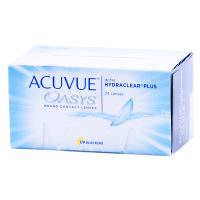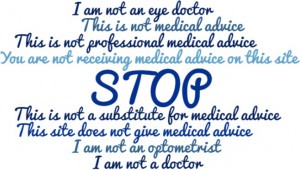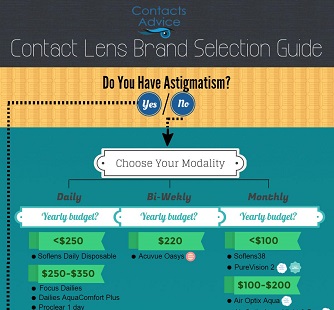We have all heard about UV light, but what do we really know about it besides how ‘harmful’ it can be to us? In this article I want to shed a little more ‘light’ on ‘UV light’ (see what I did there? :P) and how UV damage to eyes works.
I am not a doctor. The information provided on this page is for general educational purposes only. You are not receiving medical advice Please read Contacts Advice Terms of Use before continuing.
Where is UV Light?
UV light is all around us. If you live on planet Earth (or anywhere else in the solar system for that matter) you have been exposed to UV light. The biggest source of UV light for most people is the Sun. Other sources of UV light are tanning beds, welding arcs, curing lamps, and germicidal lamps. Normal light bulbs and computer monitor displays do not produce any harmful amount of UV light.
Certain places on Earth put you at greater exposure to UV light. For example, the western seaboard of South America tends to register the highest UV Index in the world, while very northern countries register lowest.
Similarly, certain times of the year and day have higher level of UV light compared to others. Generally, spring and summer time between 11:00am and 4:00pm have the highest levels of UV.
What is UV Light?
 But what is UV light anyway, and why is it so bad for us?
But what is UV light anyway, and why is it so bad for us?
UV light stands for Ultra Violet (not violent) light. UV light refers to electromagnetic waves that have a wavelength between 100 and 400 nanometers. This type of light is small enough and strong enough to be absorbed by the body’s tissues and cause damage to our cell’s DNA.
When DNA is damaged by UV light it, it can attempt to repair itself, but does not always do so properly. Over time, as more and more damage and improper repairs accumulate, the cells can either become damaged, die, or turn cancerous.
The effect of UV light is cumulative over the course of your life. That means that all of the damage from UV exposure that you get, starting from childhood, carries forward and accumulates, until it eventually starts to cause problems. The more exposure you have, the earlier problems will arise.
How Does UV Light Affect The Eyes?
UV light is absorbed and causes damage to many different parts of the eyes. It causes damage to the skin of your eyelids, the cornea, the crystalline lens, and the retina.
Over time, UV light can lead to the early onset of cataracts, corneal disease, age related macular degeneration, various types of cancer, wrinkles and crow’s feet.
 In order to protect yourself from these harmful effects, it is important to wear sunglasses when outdoors, especially during high UV Index periods, but remember that there is UV light all year round, even winter. Since UV damage accumulates throughout our lives, it important even for children to wear sun protection. And if you wear contact lenses, try to wear UV blocking contacts. Brands that block UV are:
In order to protect yourself from these harmful effects, it is important to wear sunglasses when outdoors, especially during high UV Index periods, but remember that there is UV light all year round, even winter. Since UV damage accumulates throughout our lives, it important even for children to wear sun protection. And if you wear contact lenses, try to wear UV blocking contacts. Brands that block UV are:
- all products from the Acuvue lines (Acuvue Oasys, Acuvue Oasys 1-Day, Acuvue 1-Day Moist, Acuvue TruEye, Acuvue Define, etc)
- BioTrue 1-Day by Bausch & Lomb
- the Clariti 1-Day line by CooperVision
- MyDay by CooperVision.





Leave a Reply